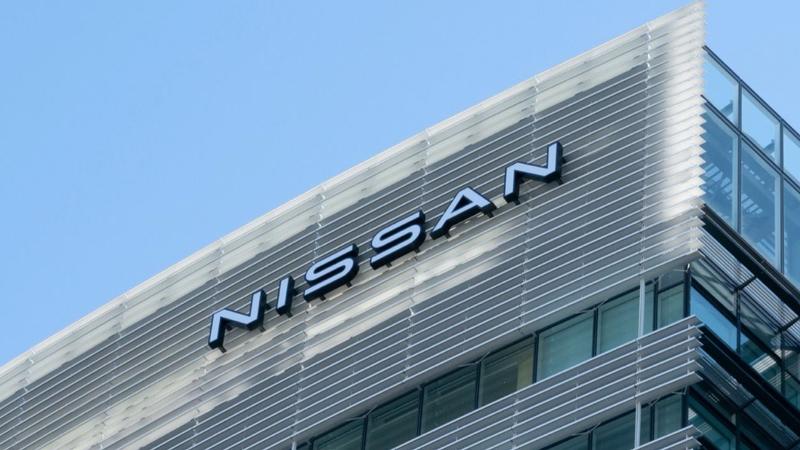Published 16:40 IST, April 16th 2024
Nissan bets big on solid-state batteries, production at scale to start by 2029
Solid-state batteries are expected to offer faster charging times and longer lifespans compared to conventional ones.

Solid-state batteries: Nissan Motor announced on Tuesday its plans to commence the production of solid-state batteries for electric vehicles (EVs) at scale by early 2029. The automaker aims to leverage large casting machines to enhance efficiency and reduce costs for future models.
In response to fierce competition from industry leaders like Tesla and BYD in the EV sector, Nissan is banking on technological advancements to maintain its competitive edge. The company intends to conduct prototype tests and develop solid-state batteries at a pilot plant in Yokohama, with plans to ramp up production capacity thereafter. Solid-state batteries are expected to offer faster charging times and longer lifespans compared to conventional ones.
Nissan's production timeline targets the start of solid-state battery manufacturing from March 2025, with plans to achieve a production capacity of 100 megawatt hours per month by the fiscal year starting April 2028, employing 100 workers per shift.
Furthermore, Nissan aims to optimise manufacturing processes by using heavy-force machines for producing rear floors of EVs, resulting in a 10 per cent reduction in manufacturing costs and a 20 per cent decrease in component weight. The company has a longstanding history of using casting boards for structural parts and has opted for a 6,000-tonne gigacasting machine to fabricate rear body structures using aluminium casting.
In alignment with its commitment to electrification, Nissan plans to launch 30 new models over the next three years, with 16 of them being electrified, including eight all-battery powered vehicles and four plug-in hybrids. The company aims to reduce the cost of next-generation EVs by 30 per cent by 2030, making them economically competitive with internal combustion engine models.
Nissan is also exploring strategic collaborations, including a potential partnership with domestic rival Honda Motor, to jointly develop key components for EVs and automotive software platforms powered by artificial intelligence.
(With Reuters inputs)
Updated 16:40 IST, April 16th 2024




